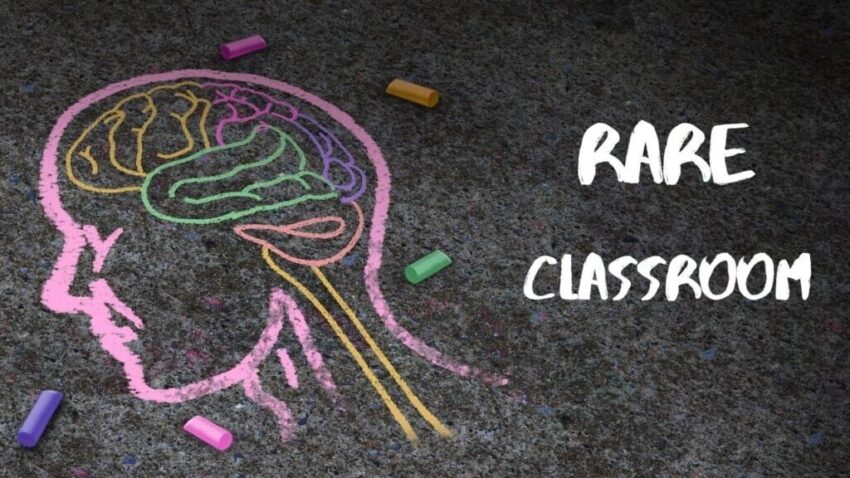Welcome to the Rare Classroom, a new series from Patient Worthy. Rare Classroom is designed for the curious reader who wants to get informed on some of the rarest, most mysterious diseases and conditions. There are thousands of rare diseases out there, but only a very small number of them have viable treatments and regularly make the news. This series is an opportunity to learn the basics about some of the diseases that almost no one hears much about or that we otherwise haven’t been able to report on very often.
Eyes front and ears open. Class is now in session.
The rare disease that we will be learning about today is:
Pseudobulbar Affect
This disease is also sometimes referred to as emotional incontinence.
What is Pseudobulbar Affect?
- A neurological condition characterized by uncontrolled expressions that don’t reflect the emotions felt
- Exaggerated emotional reactions
- Often linked to neurological damage
- Reactions may not be situationally appropriate
How Do You Get It?
- Typically triggered by other changes or damage to the brain
- This damage affects the areas that process emotion
- specifically regions that regulate emotional motor output/expression
- In some cases, the damage may not have been previously identified
- Conditions in which pseudobulbar affect have been documented include: Alzheimer’s (and other forms of dementia), progressive supranuclear palsy, Parkinson’s, amyotrophic lateral sclerosis (ALS), strokes, traumatic brain injury, nervous system tumors, neurosyphilis, viral cerebellitis, and neurogenetic syndromes.
What Are The Symptoms?
- Uncontrolled laughter or crying
- Often exaggerated (ex. crying over something that was only mildly upsetting)
- Often viewed as inappropriate by others
- undermines social relationships
- can lead to problems with career and interpersonal dynamics
- Isolation can lead to severe mood disorders such as anxiety or depression
- Major impacts on day to day activities
How Is It Treated?
- Goal: Reduce episodes of exaggerated crying, laughter, or other emotional reactions
- Awareness of the condition for the patient’s family, friends, and coworkers is important
- They need to understand that exaggerated reactions are involuntary and are not an accurate reflection of the emotional state
- Antidepressants have been prescribed with some success
- Examples: amitriptyline, sertraline, nortriptyline, fluoxetine, citalopram
- Dextromethrophan hydrobromide (DXM)
- Quinidine sulfate
- DXM/quinidine combination is the sole FDA approved treatment
Where Can I Learn More???
- Check out our cornerstone on this disease here.
- You can also learn more about pseudobulbar affect from the Brain Injury Association of America.







